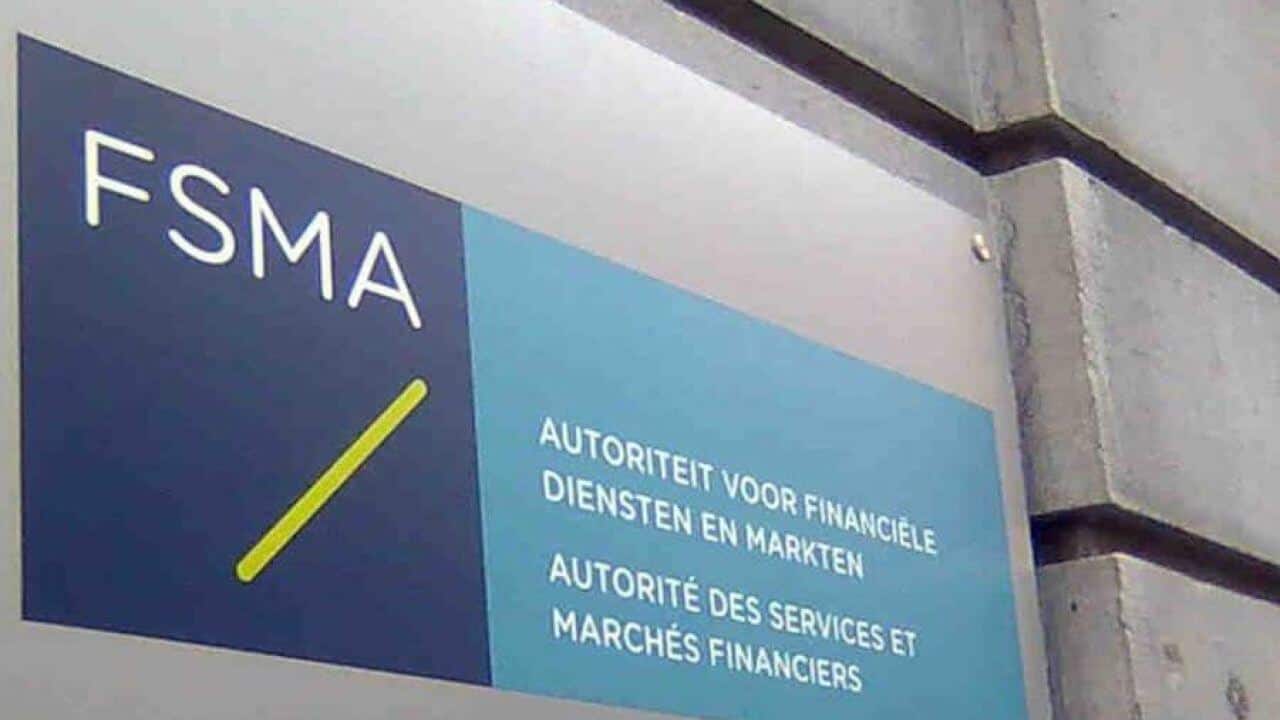Join Our Telegram channel to stay up to date on breaking news coverage
Libra, the stablecoin project developed by social media giant Facebook, still doesn’t have an official launch date. Regulatory scrutiny since the asset’s whitepaper was launched had knocked its creators back to earth to find a seemingly appropriate way to sell the hyped stablecoin to the government.
The latest in the line of arguments for the asset, however, seems to be hitting a little close to home. On October 29, finance news source Finextra reported that David Marcus, Facebook’s Head of Blockchain and President of its Calibra division, appeared at the Money 20/20 conference in Las Vegas where he claimed that the prospective stablecoin’s Anti-Money Laundering (AML) standards were much better than those of other payment processing networks.
The Libra blockchain will ensure AML compliance
According to Finextra, Marcus claimed that Libra could identify suspicious financial activity much faster, and enforce sanctions more effectively than other payment networks. He added that thanks to Libra’s underlying blockchain technology, financial regulators will be able to easily scrutinize transactions, and if need be, take swift action against suspected money launderers and criminals.
Marcus also touched on the prospect of enforcing AML guidelines with collaborating wallet platforms, adding that any wallet looking to accept the asset will need to abide by the same strict AML laws that Libra upholds. He said, “It was designed to be competitive, but we still need to earn people’s trust over time to use Calibra.”
Solving a potential deal-breaker
While the process required to scrutinize whether this is true will rely on Libra actually being launched, it definitely gives cause to rethink the entire project. Regulators and lawmakers in Facebook’s home country have so far made it their mission to bash Libra based on the reputation of Facebook and its privacy misdemeanors, and while there is cause for concern, the issue of money laundering has also been brought up by regulators outside of the United States.
On October 18, a task force inaugurated by the G7 presented a report to fiancé ministers and Central bank governors, in which it detailed its concerns over the use of stablecoins (including and especially Libra) in illicit activities.
In the report, the task force, which is led by European Central Bank member Benoit Coeure, claimed that up to this point, no singular cryptocurrency system has been able to provide a trustworthy store of value or means of making payments. However, stablecoins could break thus jinx, as their potential for effecting fast and seamless payments is definitely significant.
However, the report also highlights the challenges of stablecoins, adding that by allowing them to launch and operate unencumbered, countries risk facing several challenges with oversight, regulation, policy formation, and public policy. The task force also mentioned issues with money laundering and terrorist financing, as well as tax evasion and compliance.
Join Our Telegram channel to stay up to date on breaking news coverage


